The first email that was received on July 1, 2021, said that Six Star Pro Nutrition had reached an endorsement agreement with Illinois basketball star Edgar Padilla Jr. Padilla posed for a photo while naively holding out a dollar note to show the first dollar he had made off of his name, image, and likeness. This is much different than athletes playing in the best online casinos.
After that, NIL was ready to go full speed ahead. Later that day, Fresno State basketball players Haley and Hanna Cavinder made an appearance in Times Square to promote a deal that their team had struck with Boost Mobile.
The “Breaking Limits” advertising campaign for Degree was launched by Unilever with collegiate athletes. Two members of the Nebraska men’s basketball team have launched a podcast that is supported by several local companies. A tea received the endorsement of an Auburn football player.
NIL had been let loose into the world. It wasn’t long until it came unfastened from its moorings.
What Has Happened Since Then?
Because of this, the board of directors for Division I of the NCAA called what essentially amounted to a 20-second pause for everyone in the room to take a moment to catch their breath the week before. After a dash of ten months, beginning on July 1, when athletes were allowed to sign NIL deals for the first time, and continuing to the present day, the notion has started to take on multiple connotations.
As coaches and certain donor-run collectives continue to push the edge in search of every possible competitive advantage, the line that formerly distinguished genuine NIL partnerships from recruiting inducements has become increasingly blurry. This has given rise to rumors that football and basketball players are being offered NIL money to attend a specific school.
By sending out reminders that boosters are not permitted to be involved in the recruitment process, the NCAA board attempted to redraw the line between non-incentive licensing arrangements (NIL deals) and recruiting inducements (recruiting inducements). This regulation has been in place for as long as the NCAA has been in existence.
In the meanwhile, officials of colleges have made it quite apparent that they want NCAA enforcement to begin scrutinizing boosters and collectives controlled by boosters who are famously active in recruitment.
According to the opinions of industry experts, concerns regarding antitrust issues arise whenever regulation and enforcement are involved. They believe that any action that restricts an athlete’s capacity to generate money would result in legal action, and last week, several officials, such as the athletic director at Ohio State, confirmed that this is the case.
Related: Men’s And Women’s Soccer National Teams To Profit Share
What Happens if the NCAA Reworks NIL?
If new NIL legislation is enacted that forces the governing body back into court, it is possible that the NCAA will be in a stronger position than was initially believed. This is why:
Those who operate in the NIL field should have no room for uncertainty because the board, in its guidelines from the previous week, defined boosters and inducements in a straightforward manner.
Athletes will not be the focus of NCAA regulation, although the organization may provide some protection in the event that a supporter or collective complains of antitrust violations. If the NCAA has previously proclaimed the players to be off limits, is it possible to argue that antitrust laws should not apply?
If boosters choose the legal way, they will very certainly be required to open up their books, text messages, and other evidence, which is something that they probably do not want to do.
The enforcement of NCAA rules has been a crucial component that has been lacking thus far. Concerns about a lack of enforcement have been made by the league’s commissioners, administrative directors, and head coaches, particularly in light of recent revelations of million-dollar contracts that don’t appear to involve much, if any, NIL action from the player.
However, by delaying, the NCAA may have let the most serious offenders believe that enforcement will always be thus slack, which would have left them vulnerable to punishment.
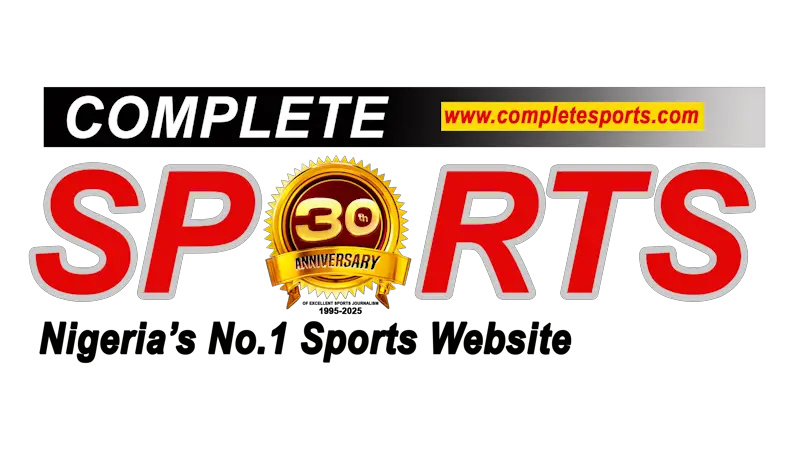

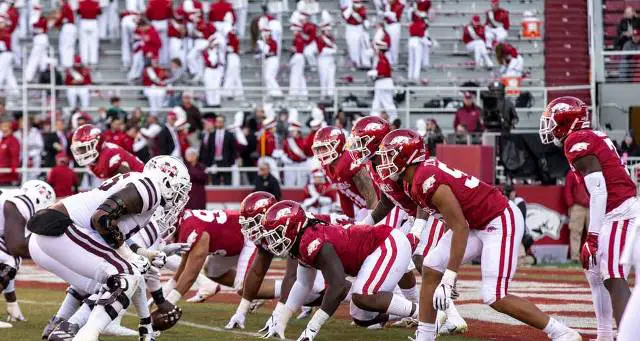
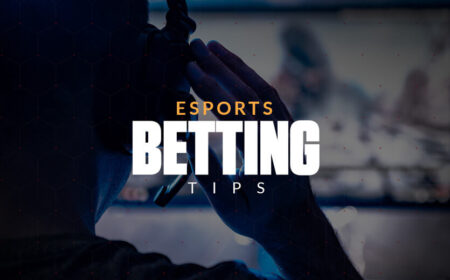
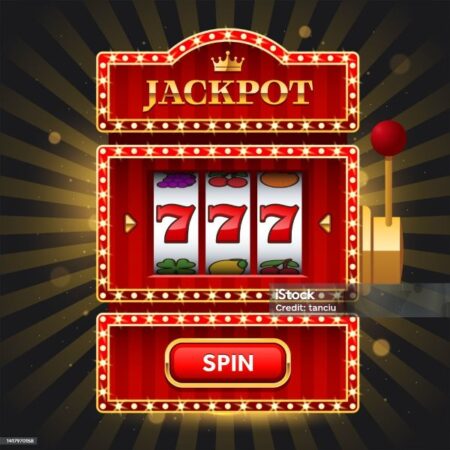
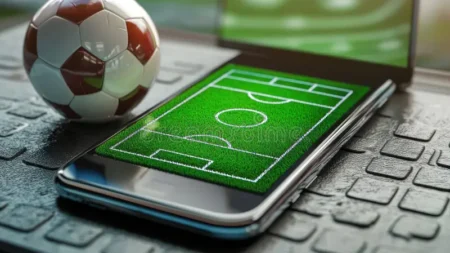
1 Comment
The game features simple controls, appealing visuals, and addictive gameplay, making it a popular choice for casual gamers looking for a quick and entertaining experience.